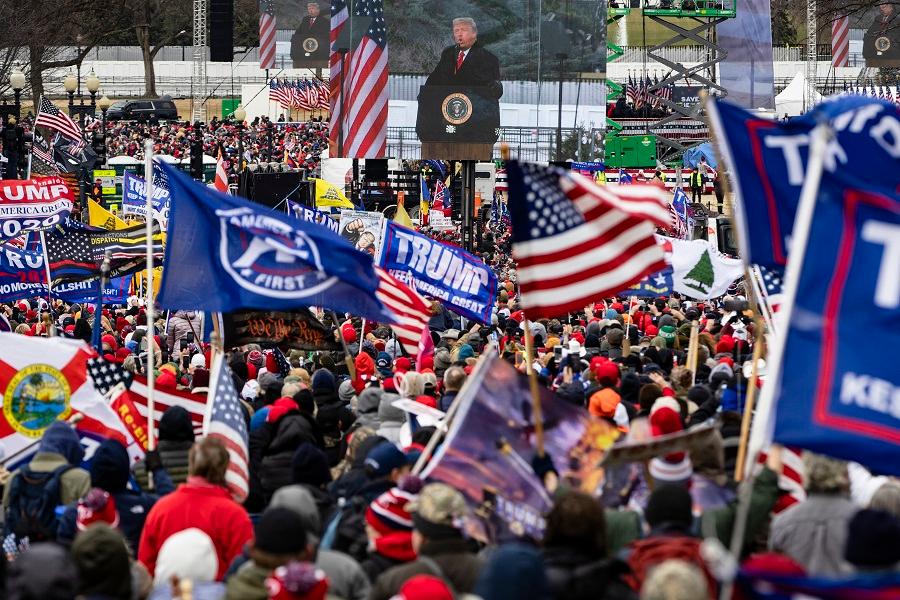While many have been arrested for participation in the Jan. 6, 2021 rally in support of President Donald Trump, many others have been questioned by the FBI about their presence there that day. Those who have been questioned say a visit from the FBI is intimidating and made them think twice about speaking their mind politically in the future.
The FBI’s investigation into what happened on that day continues.





